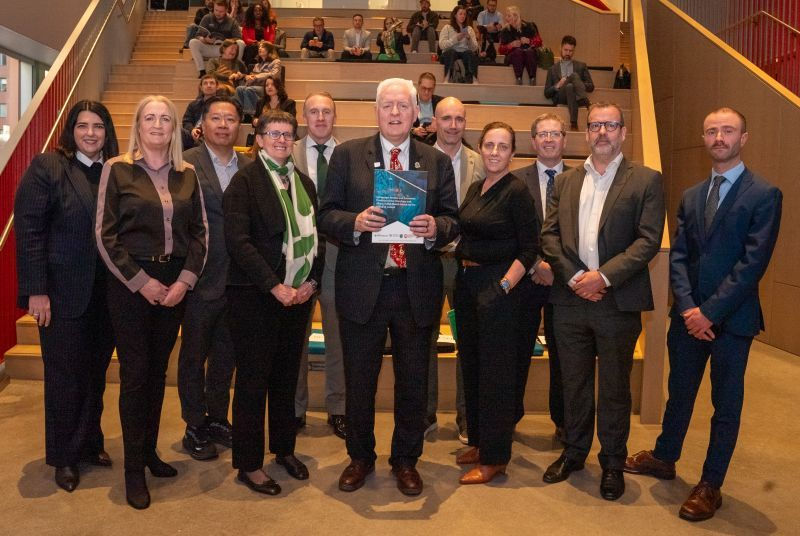Beyond the Green Grass: Balancing Perfection and Potential in Executive Candidate Selection
- Seán Carter

- Aug 22, 2023
- 3 min read
"The grass is always greener"
It's a phrase we've all heard before. This saying encapsulates the idea that people often perceive others' circumstances as more desirable than their own, only to discover that the reality may not align with their expectations. In the realm of executive search, this fallacy can manifest in a few different ways.
Candidates, while embarking on their job search journey, might imagine that a new role at a different company would bring fulfilment, growth, and unparalleled challenges. Yet, they soon realise that no opportunity is without its unique set of challenges and demands. Similarly, organisations seeking top-tier talent might assume that the next candidate is the perfect match, only to find that integrating someone new into their corporate culture presents unexpected hurdles. As an executive search firm, the pursuit of the ideal candidate is a constant journey. However, it's essential to approach this endeavour with a balanced perspective that prevents falling into the trap of endlessly seeking the "perfect" candidate.
Rejection is inevitable...
One of the most delicate aspects of the executive search process is the need to reject candidates. While it's not an easy task, it's an inevitable one. Just as candidates experience the grass-is-greener mindset, recruiters and companies may find themselves believing that they must keep searching for someone even more exceptional. However, it's crucial to strike a balance between seeking the best fit and appreciating the value of the candidates who have already crossed your path.
When rejecting candidates, transparency and respect are paramount. Providing constructive feedback can help candidates grow and improve for their future endeavors. Remember, even though a candidate might not be the right fit for the current role, they could possess talents and qualities that align perfectly with a different opportunity down the line. Here are three crucial tips to keep in mind when evaluating candidates, ensuring that you make informed decisions that benefit both your organization and the individuals you interact with.
1. Embrace the Strength of Diversity
When considering candidates, it's crucial to remember that diversity brings strength to your organization. The search for the "perfect" candidate might lead you to focus on a narrow set of criteria, inadvertently overlooking individuals who could offer unique perspectives and skills that your team needs. Embracing diversity in all its forms—be it background, experience, or thought—can lead to enhanced innovation, creativity, and problem-solving within your company. Keep an open mind and recognize that candidates who challenge your initial assumptions could be the game-changers you need.
2. Assess for Long-Term Potential
While a candidate might not tick every box on your initial checklist, it's vital to assess their long-term potential within your organization. Skills can be developed, and experiences can be gained, so consider a candidate's willingness to learn and adapt. Look beyond immediate qualifications to evaluate their cultural fit, alignment with your company's values, and their capacity for growth. A candidate who shows genuine enthusiasm and a commitment to personal and professional development could be an invaluable asset in the long run.
3. Provide Constructive Feedback
When choosing between candidates, it's important to provide transparent and constructive feedback to those who might not be selected. This not only demonstrates respect for their efforts but also helps them understand areas for improvement. More importantly, this feedback can foster a sense of trust and respect, creating a positive impression of your organization even in the face of rejection. Additionally, candidates who receive constructive feedback are more likely to consider your organization in the future when they've grown and developed in response to your suggestions.
--
In the world of executive search, the pursuit of excellence must be balanced with a recognition of the value that each candidate brings to the table. Avoid the trap of constantly seeking the elusive "perfect" candidate by embracing diversity, assessing for long-term potential, and providing constructive feedback to candidates who might not be the immediate choice. By adhering to these tips, you'll not only enhance your organization's recruitment process but also contribute to the growth and development of the individuals you engage with.
At Cranmore Executive Search, we remain committed to helping you navigate the nuances of talent acquisition and finding the perfect fit for your team. Join us next time as we delve into more insights and strategies to enhance your executive search journey. Click here to get in touch.



Comments